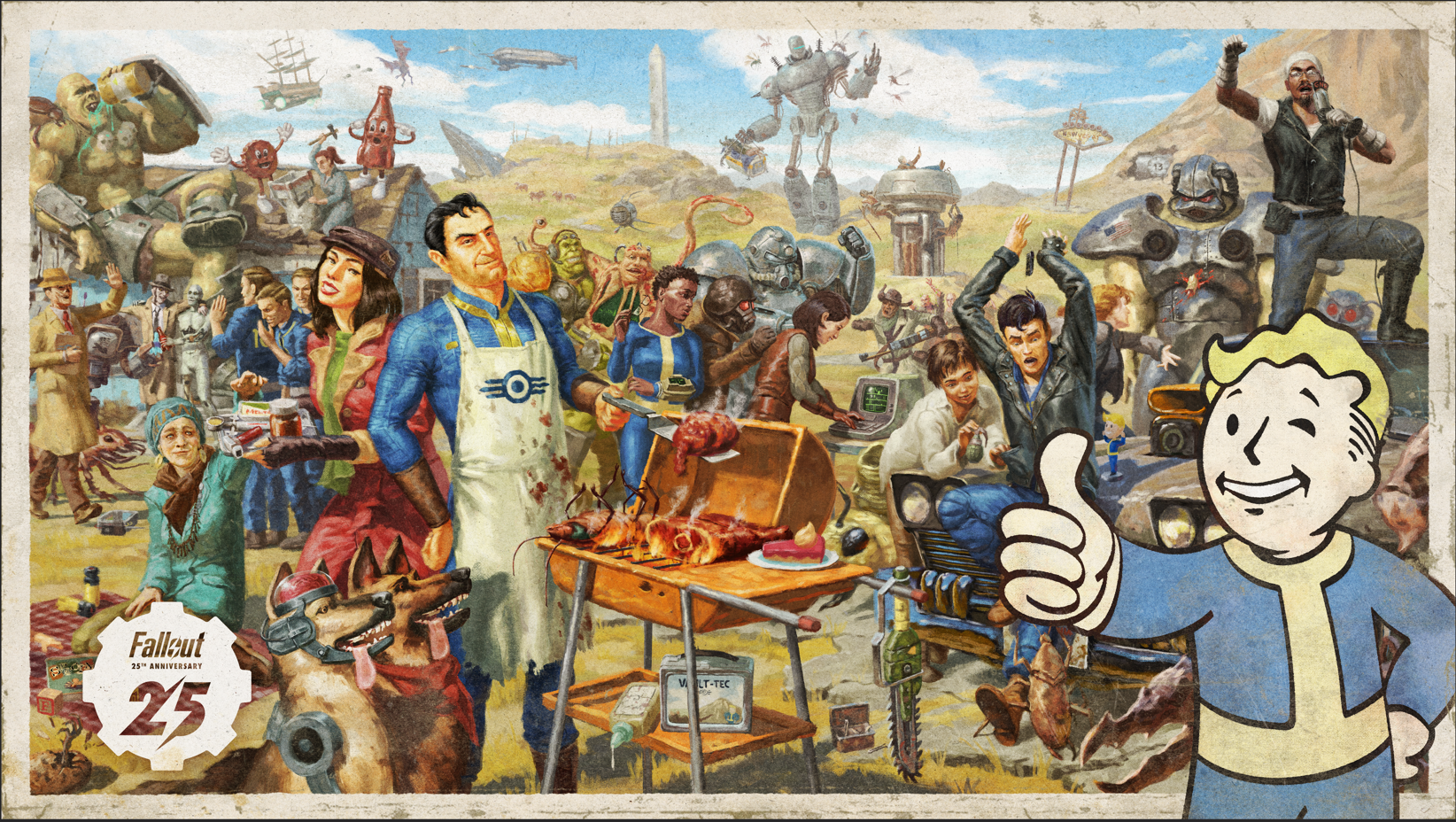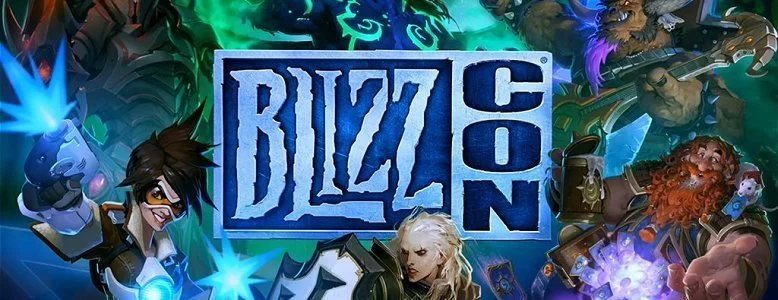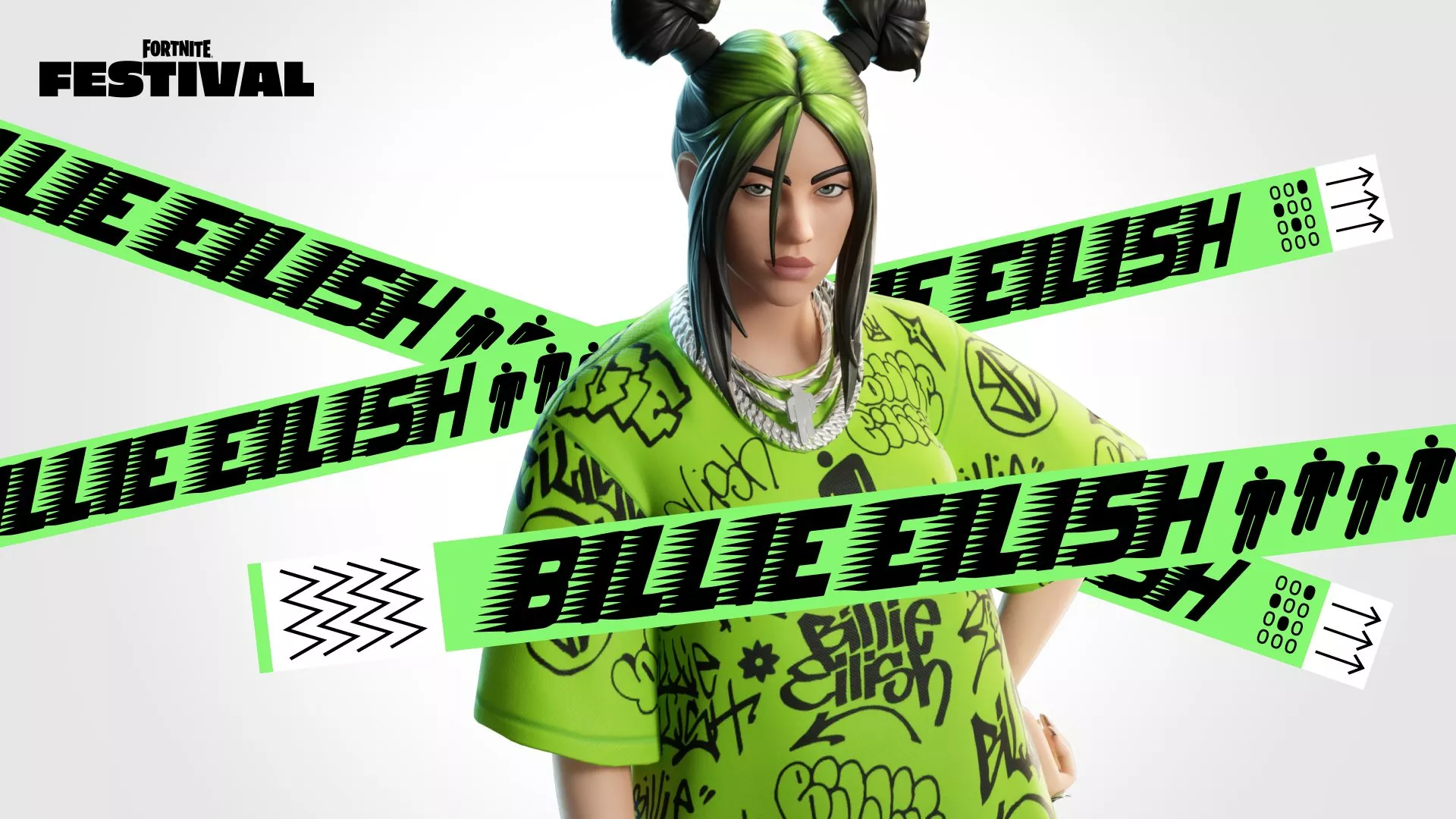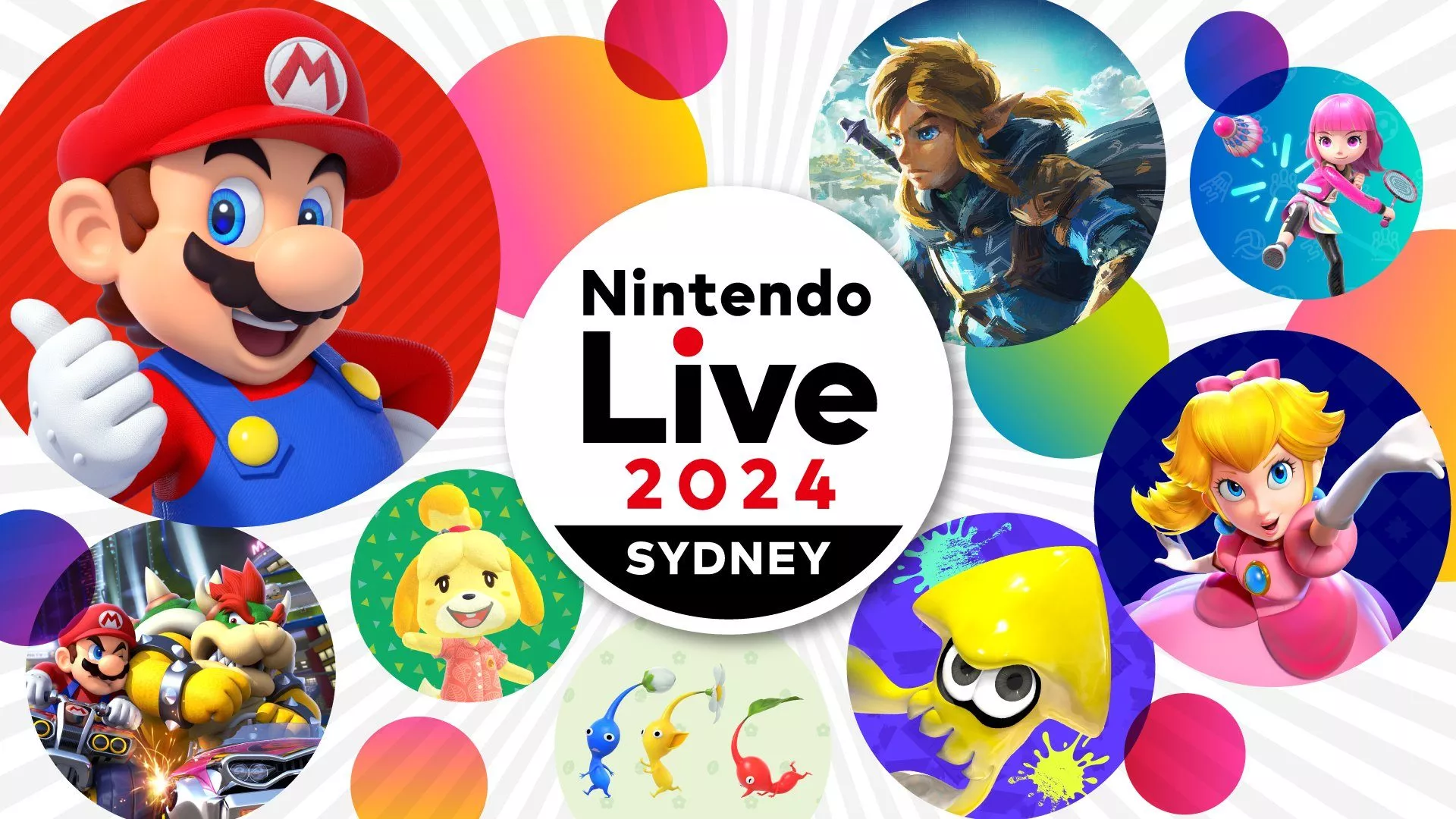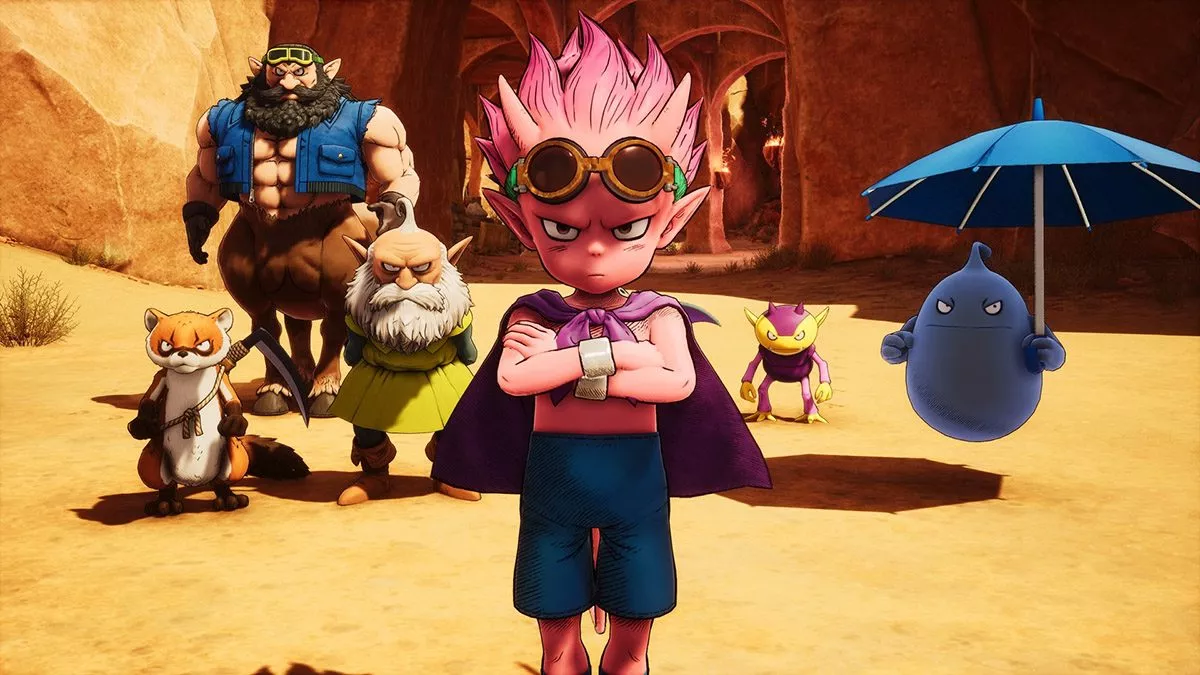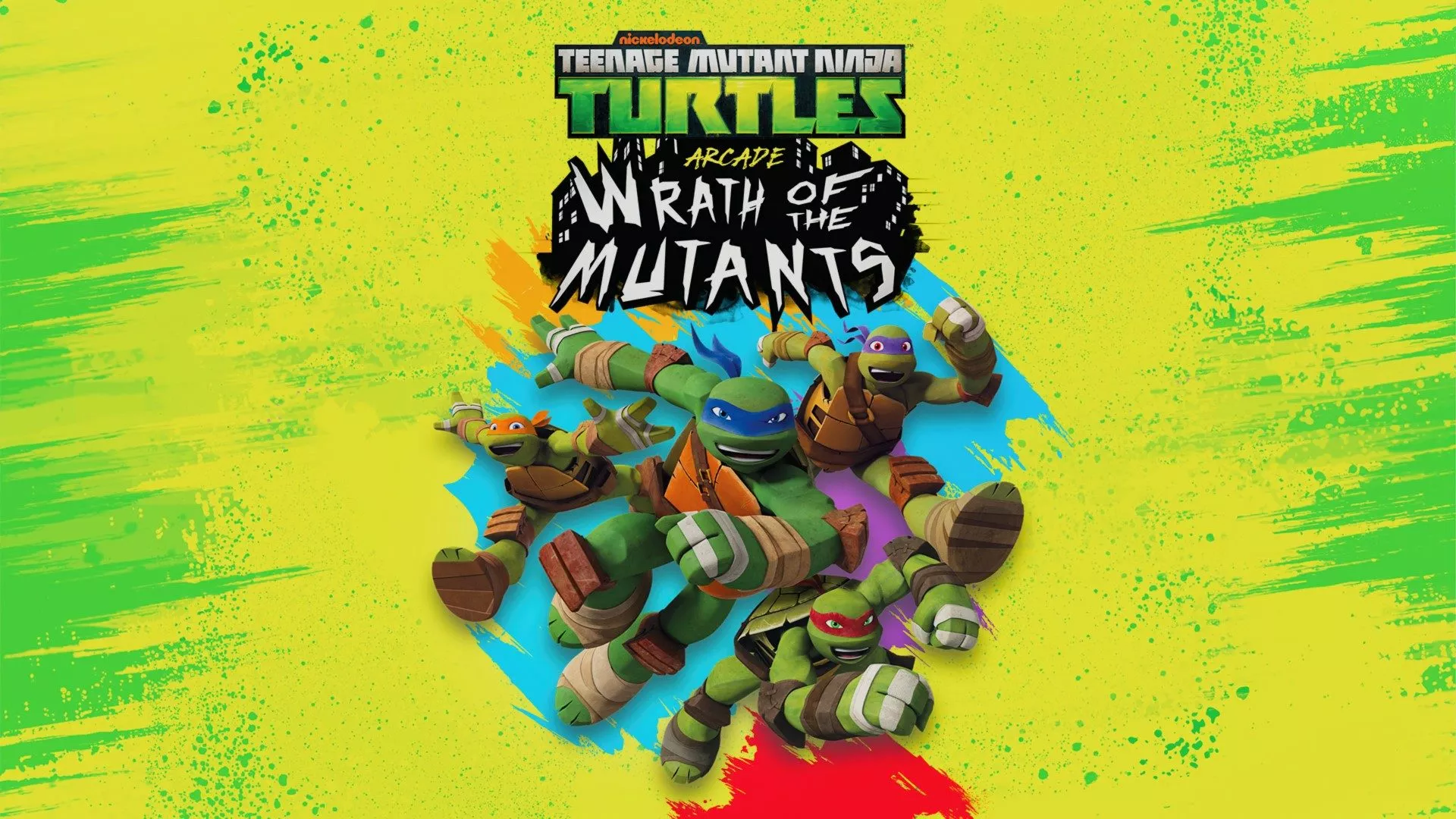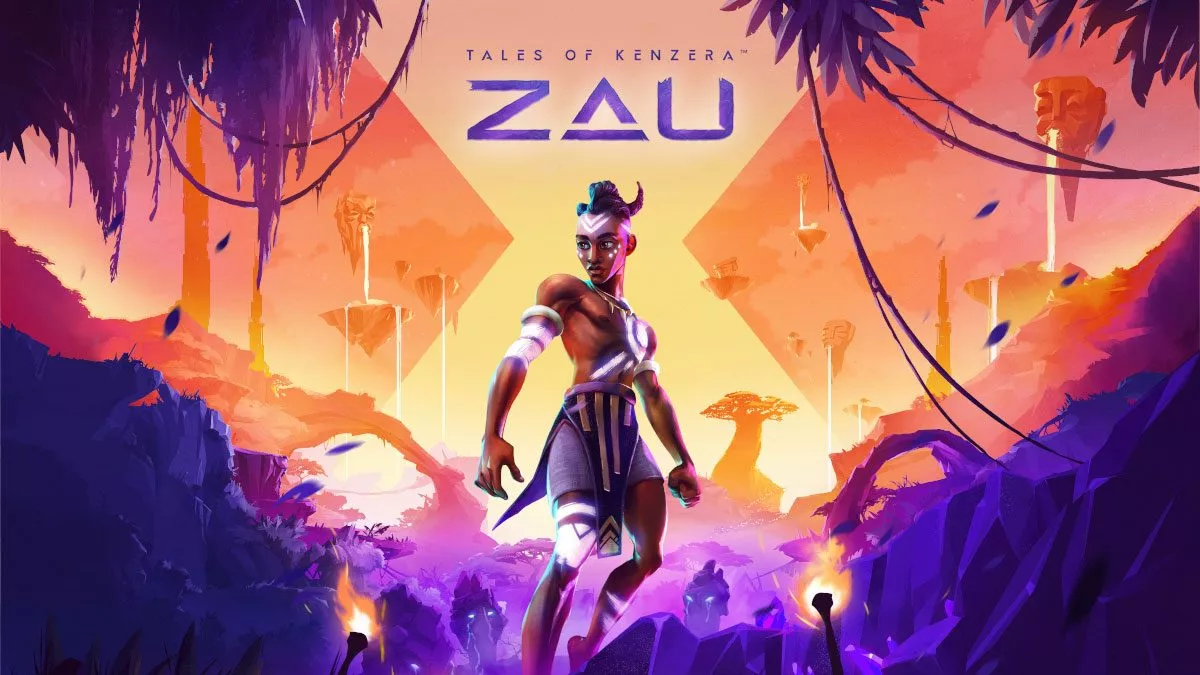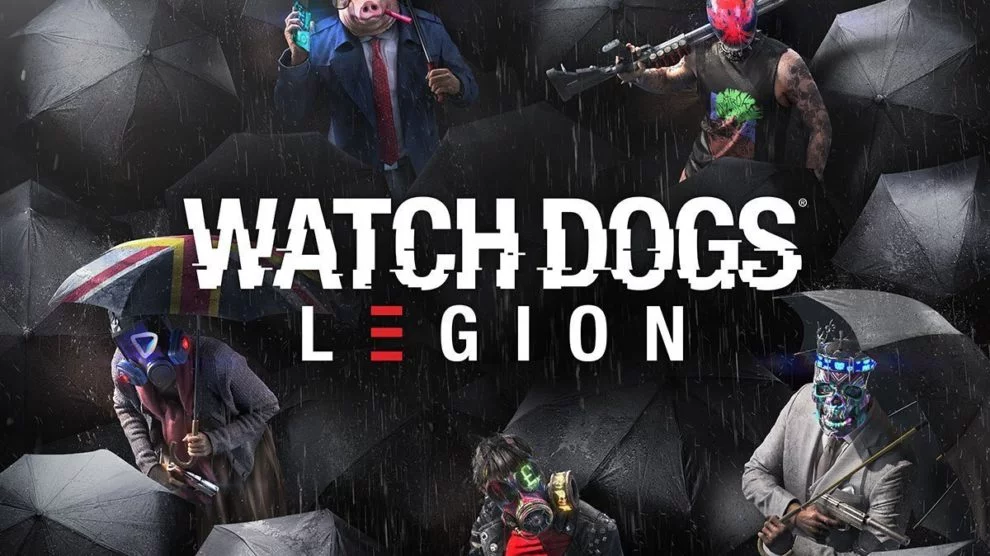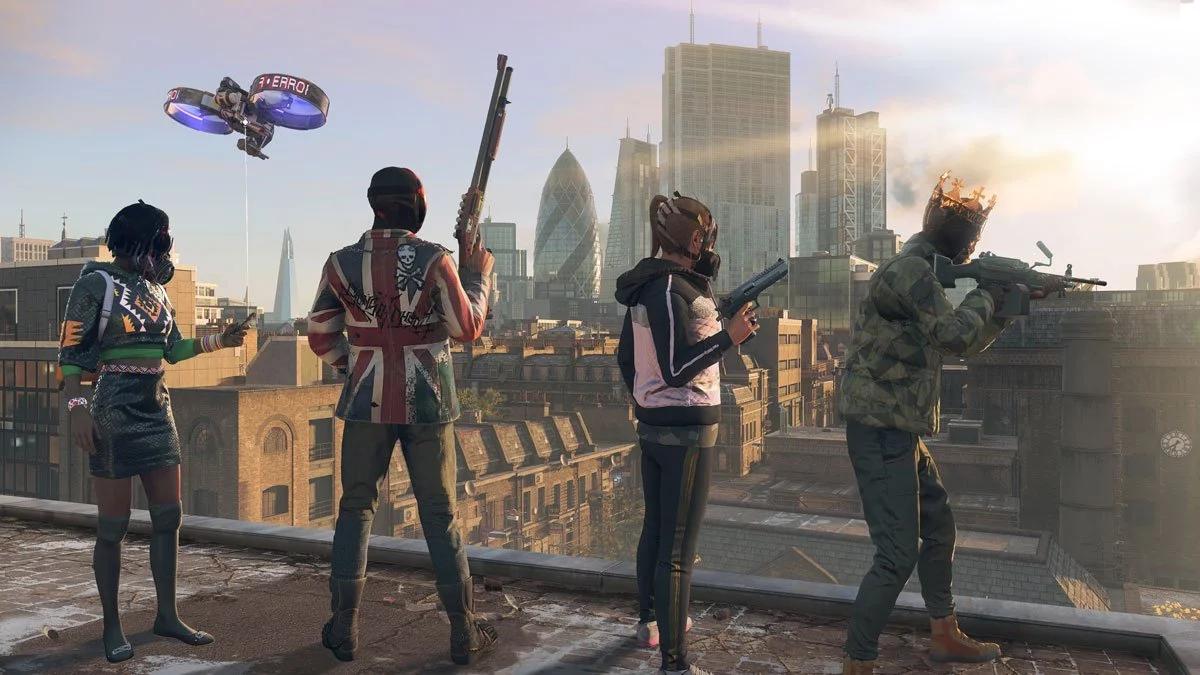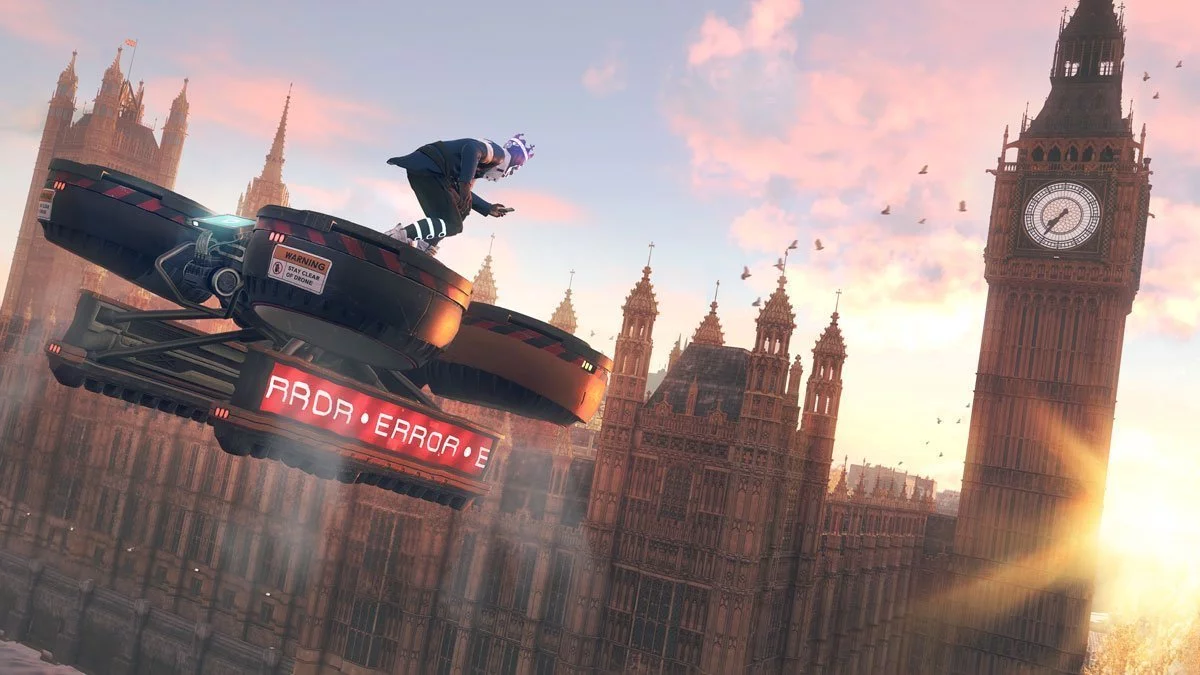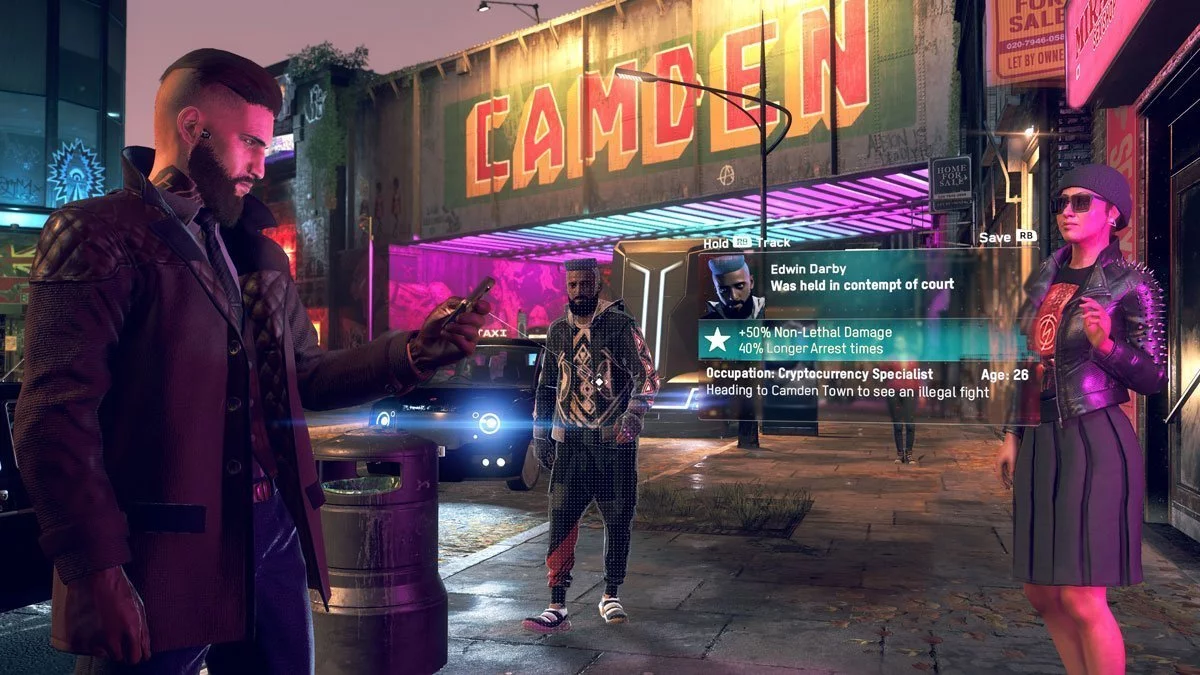During E3 2019, we went hands-on with Watch Dogs Legion and experienced its unique ‘play as anyway’ approach to characterisation. We also had a chat with Game Design Director Kent Hudson and naturally asked him about playing as Helen, the elderly former assassin who has become the star of the show.
Stevivor: You don’t have a protagonist, but Helen has kind of assumed that role during E3 and is a character everyone seems excited about. She moves a lot slower than other characters, that’s part of her archetype. Is mobility the main difference between these archetypes or can we expect other things, like an innocent old lady being less suspicious?
Kent Hudson, Game Design Director on Watch Dogs Legion: The entire mobility thing goes into our gameplay trait system. So, our traits can have pluses and minuses and trade offs and stuff like that. Often times you’ll see the people with limited mobility like Helen who have a greater gameplay impact because it’s a little bit more of a choice on the player’s part. So, we have all different ones.
We have people who do more damage when they’ve been drinking. Or we have people who are ill and might actually die randomly and suddenly. So, we have all different types of variety you can find from people in the world. And so it’s really a case-by-case basis of how the world reacts to you and also what the gameplay implications of that are.
A lot of these characters you’ve shown, like Helen and Ian, seem distinctly British. So how did we end up in London?
The Watch Dogs series has always tried to set things in iconic locations. And when we look at you know, the near future setting, we wanted to create and push technology forward. You look at London being one of the most surveilled cities in the world. Obviously with Brexit, it’s a moment of political conflict right now.
So basically, it just kind of spoke thematically to what we wanted to do with the game, and it seemed like a really natural fit. It’s also obviously recognisable. You’ve got the landmarks, and so that’s always a big part of the brand, like the aspiration of going somewhere, but sort of putting our twist on it.
Those recognisable icons really stand out and show this is a fairly accurate London. But when you’re looking into the future, a bleak interpretation, how are you developing that world but making sure it’s clearly fictional? There’s probably a line you don’t want to cross.
Yeah that’s right. We want it to be an interesting place for a possible future London. I mean by setting the game near future, day after tomorrow, we give ourselves the leeway to pick and choose where we want to keep or change. So with the things like the landmarks and stuff, it’s very easy to make it recognisable. But then we get to be selective about what technologies we want to put it into there.
It’s definitely a piece of speculative fiction. It’s not necessarily our prediction of like, this is how it’s going to go. But when you pick places that sort of have a cultural consciousness about how it is, then you know how it is in today’s world. You can spin that forward into our vision of let’s just speak to the things you want to speak to and create our fictional future.
And then you can play as any character in this version of London. What happened after that idea was floated? I imagine everyone thought that’s an amazing idea, and then realised it’s going to be a lot of work.
It is a phenomenal amount of hard work that went into this innovation because it makes you question everything. How does the animation work? How does the voice acting work? We invented technologies that use advanced voice modulation. We recorded the script tons of times with different actors and different personas, not just different voices of the same lines. And then we even have voice modulation technology that’s so advanced that sometimes you can have the same voice actor on two different sides of the same conversation and you don’t know because it’s changed so much.
That’s just the voice part. Animation wise, we have different animation archetypes. So you know, you’ll notice people carry themselves differently if they’re athletic or older or younger. So, it’s just a huge, huge amount of work. And then when you think about that being on your team as well, from a gameplay perspective, it makes you question everything because like it’s a game with the RPG progression, right? But like what level is my team? I’ve got 20 people on it, they’ve got different stories. I might’ve played this guy for a while, I’ve played this one for three hours. How do we keep their levels in balance? How do we keep that, you know, balanced against the contents? So, it kind of… it un-asks almost every question.
With those 20 characters, are you preparing for some players to jump between them a lot and others to form an attachment to one? With permadeath, perhaps I don’t want to risk my favourite character on a particularly dicey mission.
So with permadeath specifically, it’s always an opt in decision to go into that permadeath mode. You’ll always be knocked down and you have the choice to surrender or get back up. So, you’ll never perma-die without having said, “I’m willing to take that risk.”
We’re trying to make sure there’s never an unfair loss of your operative or you spent four hours levelling someone up and getting attached to them and they’re just taken from you unfairly. We want to make sure that never happens. It’s always you saying, “I’m going to go for it.” And then if you lose it, at least it was your choice.
As far as how people get attached to their characters and like how we balance the team, we’ve actually tried to keep it quite open. We’ve taken the different roles that players or the different roles that characters can take and moved them into the gameplay traits. We have gameplay traits that are very individual.
We’ve also got our team support traits. So, people who you might recruit and never intend to play them, but it’s just like you recruit a lawyer because he’s going to get your guys out of jail faster or you recruit a doctor and help your team heal faster. We have people who just support the team. If you may say “I’ve got my small court of people and I want to rotate between these guys, maybe five or six characters that I really like. I’m locked in, I love this. This is my team.” And then have a big group back at home base who are supporting the whole team. That’s your choice. If you want to have 20 mains then you can do that as well.
So, it is up to you. We tried to put as little constraint as possible so that everybody can kind of find what they’re comfortable with. Then obviously with the amount of customisation we offer, you can dress them up how you want, you can change their load outs, you can change their builds with the perks and everybody comes with their traits. We really try to create something where no matter how you want to play it, you can kind of build your team how you want. And it’s really your team. It’s just you got 20 slots to do with them what you will.
So even if I only want to play as a couple of characters, it’s still beneficial to keep a full team of 20 for support?
Yes, absolutely.
We have a whole category of those gameplay traits that are just about supporting the team. So, I’m out in the field and there’s someone back at home base who’s doing packing remotely or who can help me in the background and stuff like that. Even if you’ve got your five or six people, you might see someone on the stream like, oh man, this person might help me.
Every now and then I might surrender, so one of my operatives gets arrested, and then my lawyer character pops up and says, “hey, I just spoke to the judge, actually got him sprung and he’s available again.” You don’t have to wait for him to cool down. Situations like that are where you can enhance your core gameplay without actually playing as that character.
With 20 mains, you can have 20 unique builds that. We’re finding some people play it with the Pokemon vibe — I want to collect different people and have them all on my team.
Surrendering sounds like it’s a safer option most of the time. What actually happens?
So if you surrender, then that character does go to jail. And if you do nothing, then there’s just a cool down time, after which they are released from jail. So, you can say, okay, that person’s out of commission for a while. I’ve got to play with someone else.
But with our support system we’re talking about, we basically have systemic actions that you can do to get people out of jail sooner. So, if someone’s in a jail station, if I decide I want the character back right now, I can actually sneak in that jail setting, go to the ctOS hub, hack into it, go in the back door and actually have them released, and now they’re released back to me.
So, you can either just wait it out or you can go get your operatives back and it’s all simulated. I can also take people from the world who I want to get rid of, you know, and we say, you’ve got to neutralise someone’s rival. It doesn’t mean you have to kill them.
You could do non-lethal, you could do melee. Or I could actually make them wanted by the police. They walk through one of those checkpoints, they get pulled into the police station and now you know, I’ve resolved the situation that way. So, it’s actually fully simulated. Same thing with the hospitals. Your operatives go in and out of that and you can manipulate it further.
Non-lethal options have always been a big part of Watch Dogs, and you said half of the weapons are actually non-lethal. But it also looks like there has been a big effort to improve melee combat and make it a more viable option?
Absolutely. Yeah, as game design director, I put a huge focus on being able to play your way and being able to play non-lethal. So, melee is a fully flush system. We have gameplay traits that lead into it. Our Infiltrator class, who focuses on melee, has perks that are dedicated to melee and if you stay in melee, the AI will not go hot on you. Even if I’m trying to play stealth, which is another key component of the game, stealth as well, to kind of get in and get out without ever being spotted. If you get spotted by a guy and you have not gone hot with your guns, he’s going to say, “hey, get out of here, and go into a melee fight.”
So it can really help you to keep the gun holstered?
Yeah, so if you defeat someone in melee, he’s unconscious so not killed and the level resets back down. It doesn’t escalate. And you can recover yourself keep going. If you beat someone up, their support goes down because obviously you beat them up and then they go to the hospital. Like I was mentioning before, I can actually go to the hospital, get them specialised treatment, get them released to the hospital. Raise their support back up and then I can recruit them onto my team. It’s all like fully systemic and kind of nuts.
Thanks for your time.
Watch Dogs Legion is planned for a release on Windows PC, Xbox One, PS4 and Stadia on 6 March 2020.
Ben Salter traveled to Los Angeles to cover E3 as a guest of Ubisoft. The arrangement does not impact our Ubisoft coverage, nor limit additional E3 2019 coverage.
This article may contain affiliate links, meaning we could earn a small commission if you click-through and make a purchase. Stevivor is an independent outlet and our journalism is in no way influenced by any advertiser or commercial initiative.


